News
-
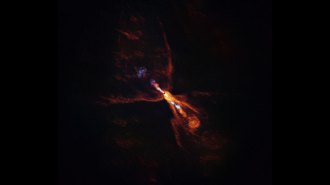 Planetary Science
Planetary ScienceThis star offers the earliest peek at the birth of a planetary system like ours
A young sunlike star called HOPS 315 seems to host a swirling disk of gas giving rise to minerals that kick-start the planet formation process.
-
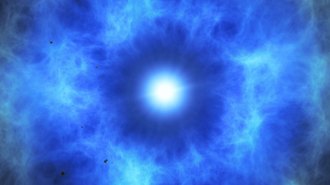 Space
SpaceIn a first, an image shows a dying star exploded twice to become a supernova
The image offers the first evidence for a previously unconfirmed origin story of type 1a supernovas.
-
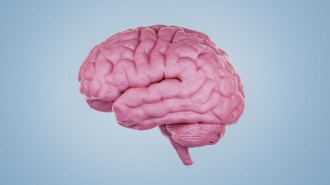 Health & Medicine
Health & MedicineProtein signatures may one day tell brain diseases apart before symptoms
Blood tests could pave the way for distinguishing between Alzheimer’s, Parkinson’s and some dementias, aiding early treatment for brain diseases.
-
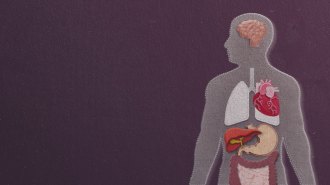 Health & Medicine
Health & MedicineOrgan age, not just your birthday, may determine your health risks
Blood proteins that reveal some organs age faster than others — and that may predict disease and lifespan.
By Celina Zhao -
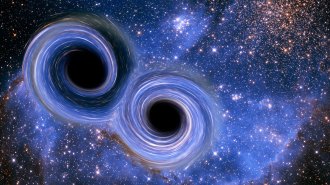 Space
SpaceThe biggest black hole smashup ever detected challenges physics theories
Gravitational waves spotted by LIGO reveal two black holes, 140 and 100 times the mass of the sun, merged to become a 225 solar mass behemoth.
-
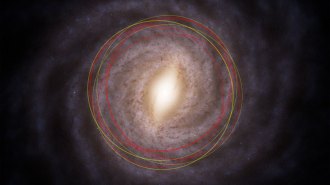 Space
SpaceA newly discovered interstellar object might predate the solar system
3I/ATLAS might be over 7 billion years old, a new study reports, which would make it the oldest comet known. But experts caution we need more data.
By Celina Zhao -
 Chemistry
ChemistryGut microbes may flush ‘forever chemicals’ from the body
Experiments in mice show that some gut bacteria can absorb toxic PFAS chemicals, allowing animals to expel them through feces.
-
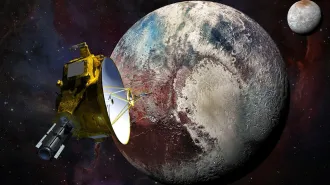 Planetary Science
Planetary ScienceNew Horizons visited Pluto 10 years ago. We’re still learning from it
Over the past decade, researchers have been puzzling through Pluto’s mysteries. Meanwhile, the New Horizons probe heads for interstellar space.
-
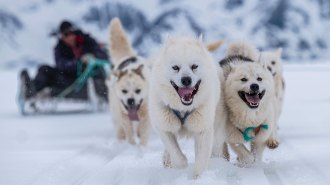 Animals
AnimalsGreenland sled dog DNA is a window into the Arctic’s archaeological past
A genomic analysis of Greenland’s Qimmeq dogs suggest they and their human partners arrived on the island centuries earlier than previously thought.
By Jake Buehler -
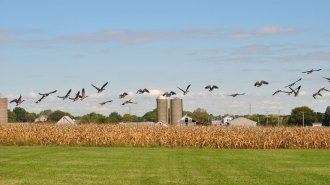 Animals
AnimalsAs bird flu evolves, keeping it out of farm flocks is getting harder
New versions of the H5N1 virus are increasingly adept at spreading. Suggestions to either let it rip in poultry or vaccinate the birds could backfire.
-
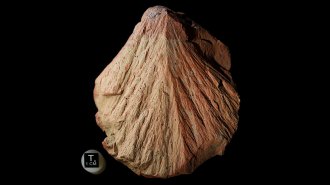 Earth
EarthAn ancient Earth impact could help in the search for Martian life
Strange cone-shaped rocks led scientists to the hidden remains of one of Earth’s oldest asteroid impacts. It could help us find fossil life on Mars.
By Douglas Fox -
 Health & Medicine
Health & MedicineThese 5 nutrients might be lacking in your diet
U.S. diets should include more of vitamins D and E, fiber, calcium and magnesium — all are essential nutrients that could offer health benefits.
By Meghan Rosen